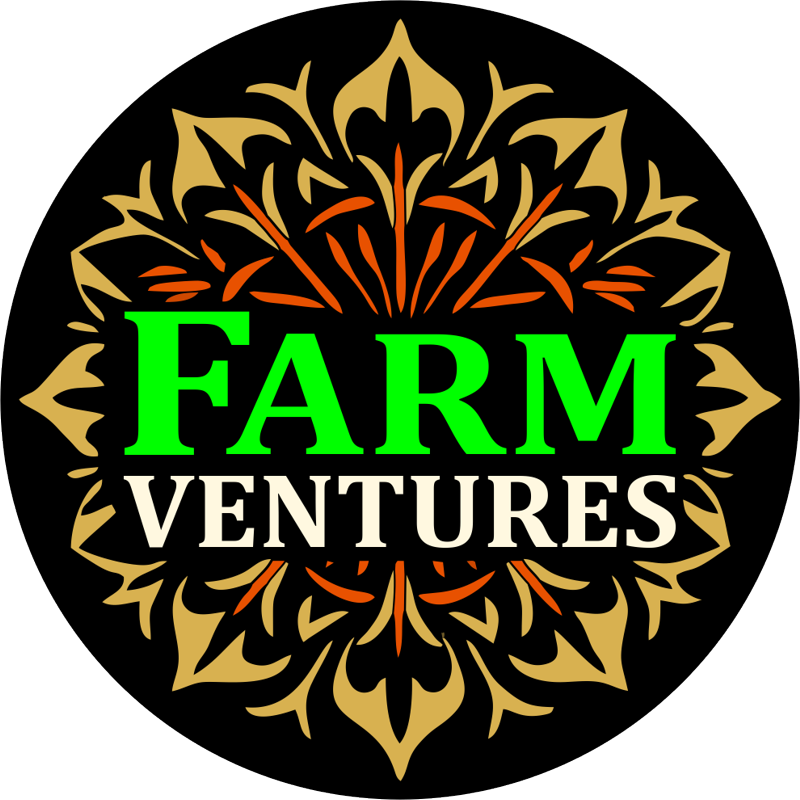Introduction
The current economic system has been criticized for its flaws, including income inequality, environmental degradation, and unsustainable growth. This document explores alternative economic models that prioritize sustainability, equality, and community well-being.
Principles for a Sustainable Economy
- Stewardship: Managing resources wisely and responsibly for future generations.
- Justice: Promoting fairness and equality in economic transactions.
- Community: Fostering community resilience and cooperation.
- Sustainability: Prioritizing environmental sustainability and social equity.
Sustainable Economic Models
- Community-Based Economy: Focuses on local production, consumption, and exchange.
- Cooperative Economics: Emphasizes collective ownership and decision-making.
- Regenerative Economy: Aims to regenerate natural and social capital.
Farmers Coin: A Community Currency
Farmers Coin is a digital currency designed to support local economies and promote sustainability. It can be earned through:
- Farming: Producing food and other agricultural products.
- Community Service: Participating in community activities.
- Local Trade: Buying and selling goods and services within the community.
Farmers Coin can be used for:
- Purchasing Goods and Services: Buying from local businesses.
- Trading with Others: Exchanging goods and services.
- Supporting Local Initiatives: Funding community projects.
Benefits of Farmers Coin
- Supports Local Economies: Keeps money within the community.
- Encourages Sustainability: Incentivizes sustainable practices.
- Fosters Community Engagement: Promotes community participation.
- Provides Financial Inclusion: Offers an alternative to traditional banking.
Conclusion
By exploring alternative economic models, such as Farmers Coin, we can create a more sustainable, equitable, and resilient economy that prioritizes community well-being and environmental sustainability.
